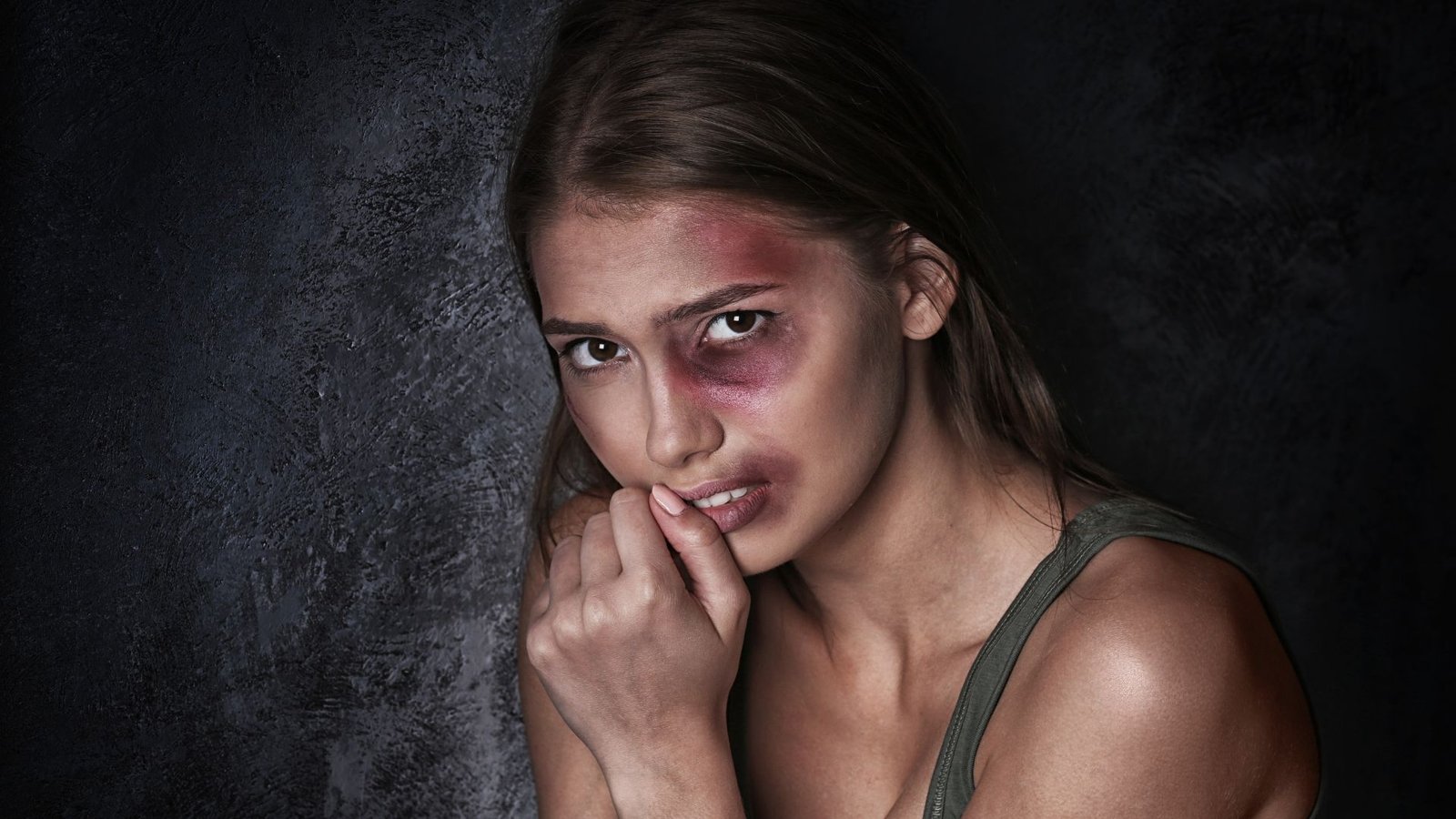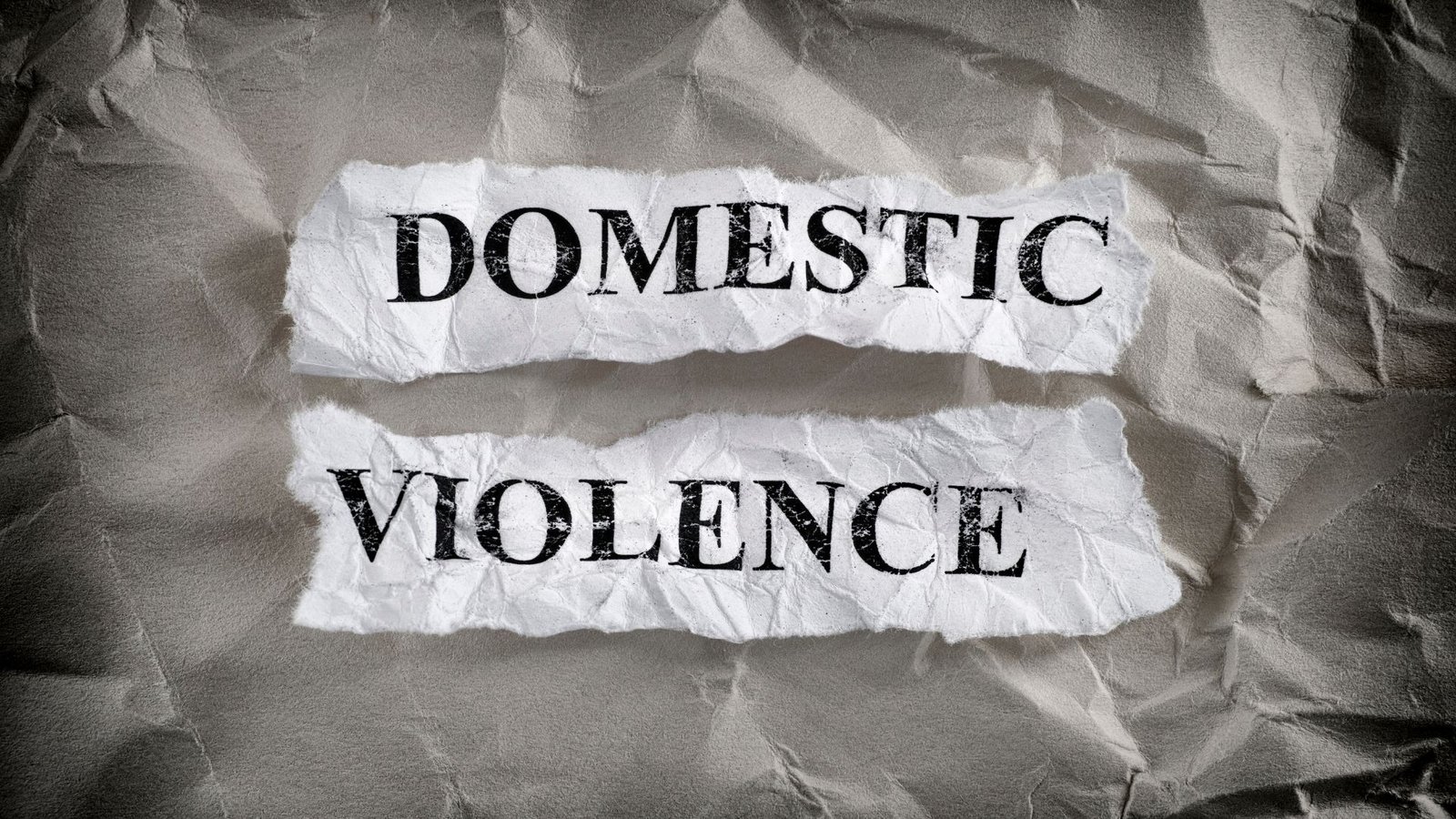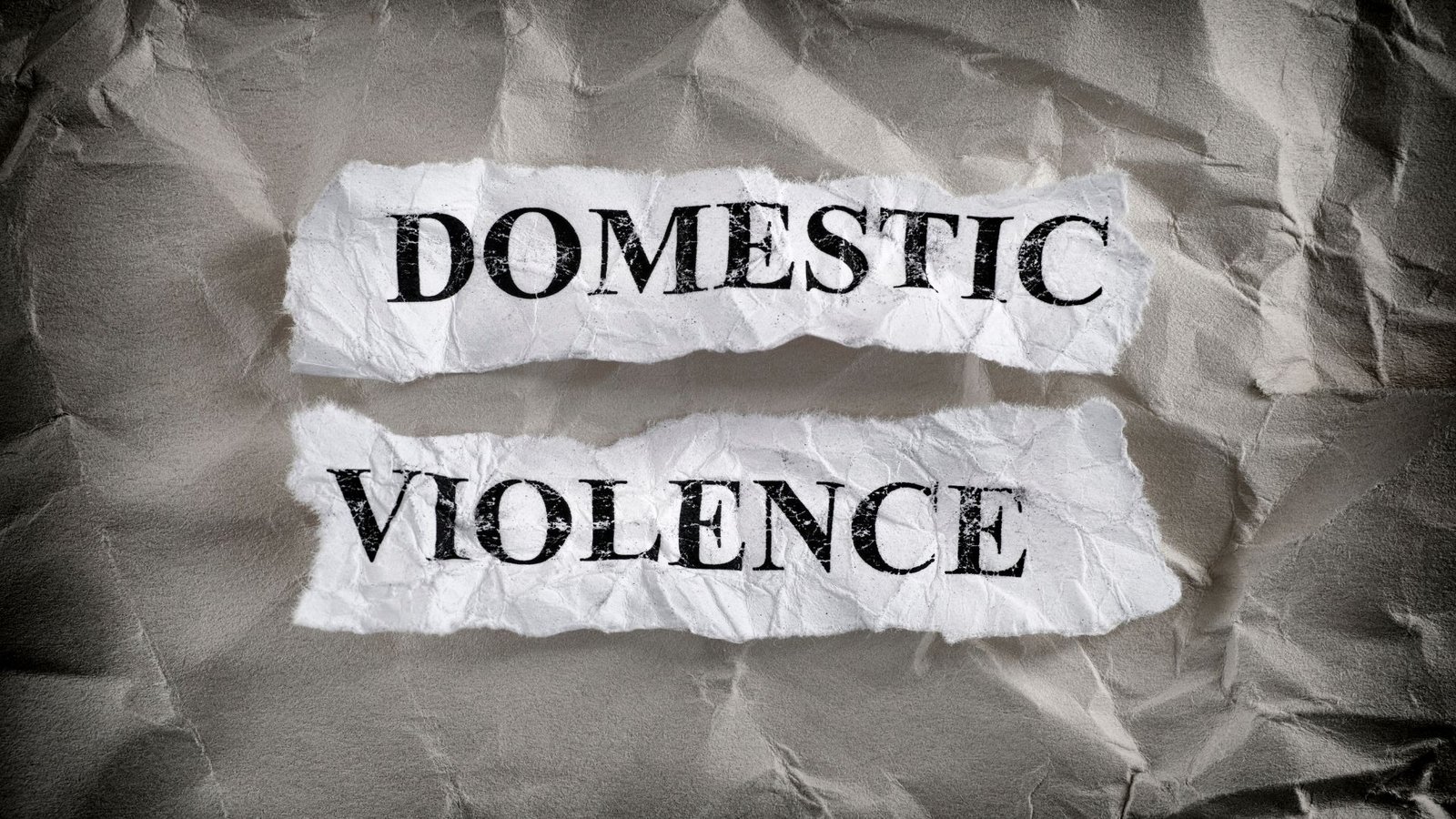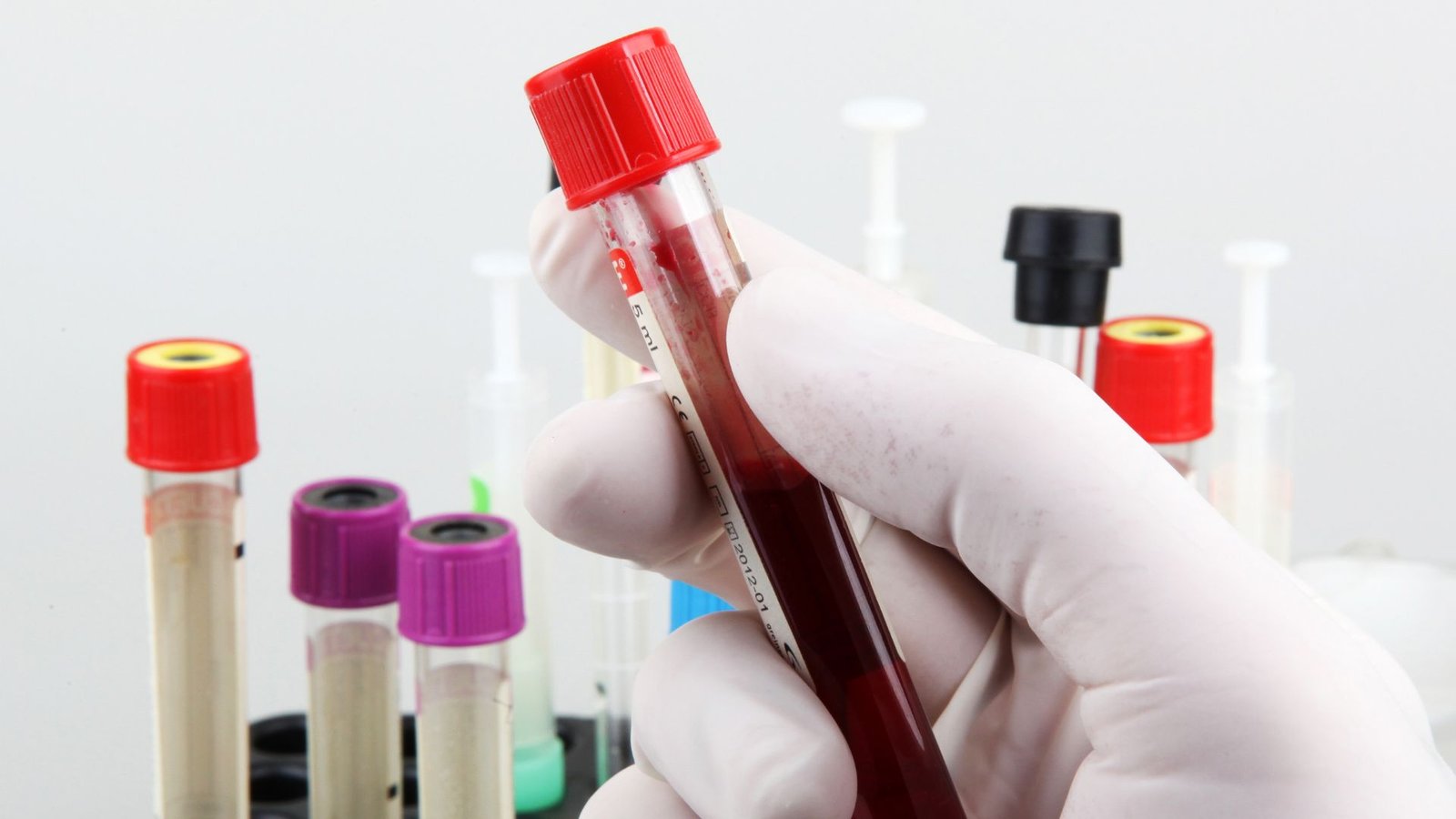On this page you will read detailed information about Battered Woman Syndrome In India.
As an Indian woman, you likely understand the pervasiveness of domestic violence within the culture and legal system. Despite widespread abuse, few cases are reported and even fewer result in prosecution or conviction. The reasons for this are complex and deeply rooted in social and legal norms that have endured for generations. However, there are signs the tide is slowly turning as activists fight to reform outdated laws and push for greater legal protections and justice for victims of domestic violence.
One critical step is achieving a better understanding of Battered Woman Syndrome and how it manifests within Indian society. Only by acknowledging the physical and psychological impacts of sustained abuse can the legal system establish appropriate mechanisms for reporting, prosecuting, and preventing domestic violence. While it will take time, the efforts of grassroots organizations and progressive lawmakers are helping raise awareness of the need for reform. Together, we can work to dismantle oppressive structures and build a more just and equitable society that protects and empowers women.
What Is Battered Woman Syndrome?
Battered woman syndrome (BWS) refers to a pattern of symptoms that develop in women who are subjected to repeated physical and psychological abuse by an intimate partner. BWS is not a diagnosable mental health disorder, but rather a theoretical framework used to understand the effects of long-term domestic violence on victims.
Cycle of Violence
Women suffering from BWS are frequently trapped in an ongoing “cycle of violence” with their abusers that consists of three phases:
- Tension building: Minor abuse begins and tension rises. The woman attempts to placate her abuser to prevent escalation of violence.
- Acute violence: The tension culminates in severe physical, sexual, and/or psychological abuse.
- Honeymoon: The abuser apologizes, gives gifts and promises change. The woman wants to believe the abuse is over.
This cycle then repeats, often with the violence becoming more severe over time. The woman becomes increasingly isolated and fearful, believing she has no way out.
Common Symptoms
Women experiencing BWS often exhibit symptoms including:
- Feeling helpless and hopeless: Believing there is no escape from the situation.
- Hypervigilance: Being constantly on alert for signs of danger or triggers that may lead to violence.
- Low self-esteem: Viewing themselves as unworthy of non-abusive love due to constant degradation.
- Acceptance of abuse: Believing they deserve the violence and it is normal or unavoidable.
- Anxiety and depression: Feeling fearful, worried, and hopeless. Difficulty sleeping, eating, and concentrating.
These psychological effects make it very difficult for women to leave their abusers, even if opportunities to escape present themselves. They feel they have no choice but to stay and continue the cycle of abuse.
Raising awareness about BWS and implementing legal reforms and support systems are critical to empowering victims of long-term domestic abuse. With compassion and resources, women suffering from BWS can find the strength and courage to break free from violence.
The Legal Landscape for Battered Women in India
The legal system in India has been slow to recognize battered woman syndrome and provide adequate legal protections for victims of domestic violence. While laws such as the Protection of Women from Domestic Violence Act of 2005 aim to protect women from abuse, significant obstacles remain in the implementation and enforcement of these laws.
Lack of Awareness
There is a lack of widespread awareness about battered woman syndrome and the dynamics of domestic violence among legal professionals and government authorities in India. Police officers, lawyers, and judges often do not have proper training to handle domestic violence cases with sensitivity, and may not fully understand why women stay in abusive relationships or recant their stories. This lack of understanding leads to low reporting and conviction rates for domestic violence.
Social Stigma
The social stigma around domestic violence poses barriers for victims seeking legal help. Many women face pressure from family and community members to remain silent about the abuse to uphold the sanctity of the family. Those who do report abuse may face retaliation and further victimization. The stigma prevents many victims from reporting abuse to authorities or following through with legal cases.
In the previous post, we had shared information about Understanding the Domestic Violence Act 2005 in India, so read that post also.
Economic Dependence
Many Indian women face economic dependence on their abusive partners, lacking access to education and employment opportunities. This dependence makes it difficult for victims to report abuse or leave a violent relationship. Abusive partners may also use finances as a means to exert control over the victim.
Overall, while India has taken initial steps toward addressing domestic violence with legislation, significant reform is still needed to establish a legal framework that fully supports victims of abuse. By raising awareness, addressing social stigmas, and promoting women’s financial independence, India can work to strengthen protections and access to justice for battered women. With concerted efforts toward reform, the legal landscape in India may become more supportive and empowering for victims of domestic violence.
Challenges Faced by Victims of Domestic Violence
Victims of domestic violence in India face immense challenges in seeking justice and support.
Lack of Legal Protection
Despite laws like the Protection of Women from Domestic Violence Act (PWDVA), 2005, domestic violence is still not recognized as a punishable offense under the Indian Penal Code. This severely limits the legal avenues available for victims to pursue justice. The civil provisions of PWDVA also fail to provide comprehensive protection and relief.
Social Stigma
There is a strong social stigma attached to domestic violence in India. Victims are often blamed for the abuse and face pressure to remain silent. They risk being ostracized from their communities and families for speaking up against their abusers or seeking divorce. This deters many victims from reporting domestic violence or leaving abusive relationships.
Economic Dependence
Many victims of domestic violence are economically dependent on their abusers and lack the financial means to live independently. This dependence, combined with the social stigma around divorce and single parenting, leaves victims with few viable options to escape abuse. Shelters and rehabilitation programs are limited, and victims struggle to find employment to support themselves due to societal discrimination and lack of education or vocational skills.
Lack of Awareness
There is a lack of awareness in India regarding domestic violence as a punishable criminal offense. Many victims do not recognize that they are in abusive relationships or understand that they have rights and legal options for protection and justice. They may also be unaware of support services available to them like shelter homes, legal aid, and counseling. Grassroots organizations have worked to spread awareness, but more needs to be done through public campaigns and education.
These immense challenges highlight the need for comprehensive legal and social reforms in India to adequately support victims of domestic violence. By addressing issues like lack of legal protection, social stigma, economic dependence, and lack of awareness, the systemic barriers that prevent victims from escaping abuse and seeking justice can be dismantled. Overall, there must be a shift towards recognizing domestic violence as a serious criminal offense and providing victims with the means and support to lead lives free of abuse.
The Need for Legal Reform and Awareness
The prevalence of domestic violence in India and lack of legal protection for victims demands reform. While Section 498A of the Indian Penal Code aims to protect married women from cruelty by husbands and in-laws, its limited scope and poor enforcement highlight the need for broader reform.
Inadequate Legal Framework
Section 498A fails to recognize the complex dynamics of domestic violence, including psychological and economic abuse. It also does not account for unmarried, divorced or widowed women who face abuse. Reform is needed to adopt a comprehensive law on domestic violence that acknowledges all forms of abuse, protects all women equally regardless of marital status, and provides civil remedies and rehabilitation for victims.
Lack of Awareness and Enforcement
There is a lack of awareness about existing laws against domestic violence in India which contributes to their poor enforcement. Police and legal officers often fail to recognize signs of domestic violence or downplay women’s accounts due to societal norms. They frequently pressure women to reconcile with abusers rather than pursuing legal action. Comprehensive training on domestic violence and legal obligations under Section 498A is critical for those responsible for enforcing the law and supporting victims.
Community outreach and education are also needed to raise awareness of domestic violence signs and available resources. This can help address stigma around the issue and encourage more women to report abuse.
Shelters and Rehabilitation
There is a severe lack of shelters and rehabilitation services for victims of domestic violence in India. Less than 1 shelter exists per 100,000 women, and many lack critical resources. Increased funding and policy support are urgently needed to make shelters and rehabilitation accessible to all victims in need of safety, counseling and vocational training to build independent lives free of abuse.
While reform will take time, increasing legal protections, improving enforcement and providing support services for victims can help address domestic violence in India. With political will and a commitment to women’s safety, India can work to end the cycle of abuse for victims of battered woman syndrome and protect the human rights of all citizens.
Resources Available for Battered Women in India
There are several resources available for battered women in India seeking legal counsel and shelter.
Women’s Rights Organizations There are many non-governmental organizations (NGOs) in India that advocate for women’s rights and work to combat domestic violence. Groups like the All India Democratic Women’s Association, Indian National Congress’ Mahila Congress, and the All India Women’s Conference offer legal counsel and guidance for victims of domestic abuse. They help women understand and pursue options under laws like the Protection of Women from Domestic Violence Act.
Crisis Hotlines India has a 24-hour women’s crisis hotline called 181 that can provide information on women’s rights, legal procedures, and referrals to local resources such as shelters or counselors. Some NGOs also operate their own helplines for victims of domestic violence. These hotlines offer confidential support and next steps for women in crisis.
Shelters There are shelters across India, often run by NGOs, that provide temporary housing and rehabilitation for battered women. They offer counseling, vocational training, and legal aid to help women rebuild their lives independently. However, there is a shortage of shelters in India relative to the large population, especially in rural and low-income areas. More shelters and improved access are still needed.
Legal Aid Free legal aid clinics provide legal counsel and representation for battered women, especially those from disadvantaged backgrounds. The Delhi State Legal Services Authority, for example, offers free legal services for women in cases of domestic violence under the Protection of Women from Domestic Violence Act. More legal aid is needed to help enforce laws against domestic violence and ensure justice for victims.
While resources and laws exist in India to protect battered women, lack of awareness, access, and enforcement are ongoing challenges. Continued reform and advocacy are needed to strengthen resources for victims of domestic abuse across all areas of India. Support groups play a crucial role in empowering women, providing aid, and demanding accountability to end the cycle of violence.
Conclusion
As you have seen, Battered Woman Syndrome is a serious issue that often goes unaddressed in India’s legal system and society. Though progress has been made, much work remains to properly recognize and respond to the experiences of abused women. By reforming laws, improving access to resources, and promoting awareness and education, India can work to end the cycle of violence. Every woman deserves to feel safe and protected. Though the road ahead is long, together we can build a future of hope, justice and healing for victims of domestic abuse. India’s women are counting on your support. What will you do to help?
Disclaimer
The information and services on this website are not intended to and shall not be used as legal advice. You should consult a Legal Professional for any legal or solicited advice. While we have good faith and our own independent research to every information listed on the website and do our best to ensure that the data provided is accurate. However, we do not guarantee the information provided is accurate and make no representation or warranty of any kind, express or implied, regarding the accuracy, adequacy, validity, reliability, availability, or completeness of any information on the Site. UNDER NO CIRCUMSTANCES SHALL WE HAVE ANY LIABILITY TO YOU FOR ANY LOSS OR DAMAGE OF ANY KIND INCURRED AS A RESULT OR RELIANCE ON ANY INFORMATION PROVIDED ON THE SITE. YOUR USE OF THE SITE AND YOUR RELIANCE ON ANY INFORMATION ON THE SITE IS SOLELY AT YOUR OWN RISK. Comments on this website are the sole responsibility of their writers so the accuracy, completeness, veracity, honesty, factuality and politeness of comments are not guaranteed.
So friends, today we talked about Battered Woman Syndrome In India, hope you liked our post.
If you liked the information about Battered Woman Syndrome In India, then definitely share this article with your friends.
Knowing about laws can make you feel super smart ! If you find value in the content you may consider joining our not for profit Legal Community ! You can ask unlimited questions on WhatsApp and get answers. You can DM or send your name & number to 8208309918 on WhatsApp









